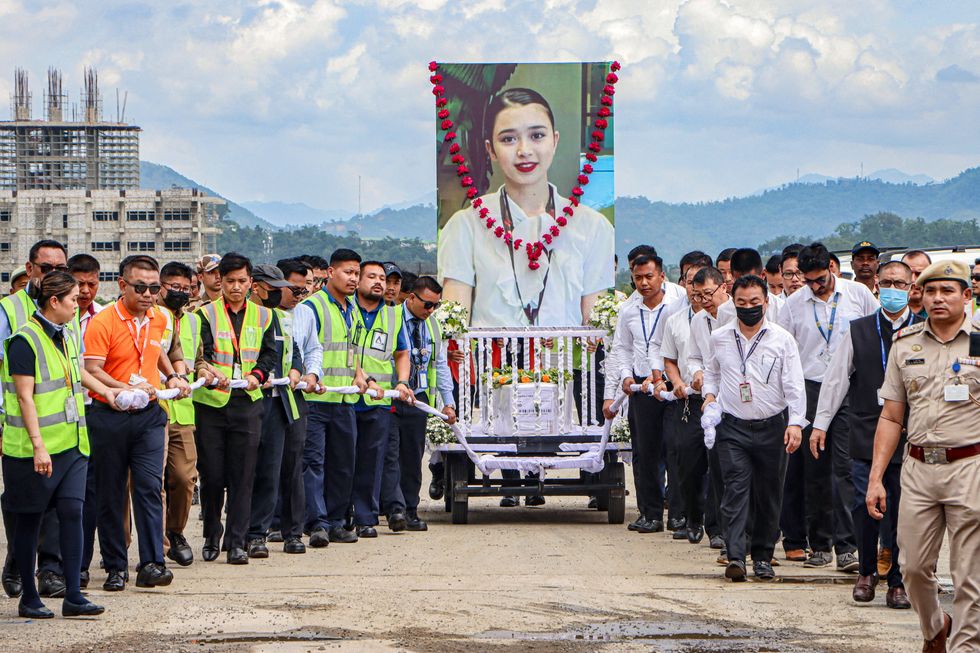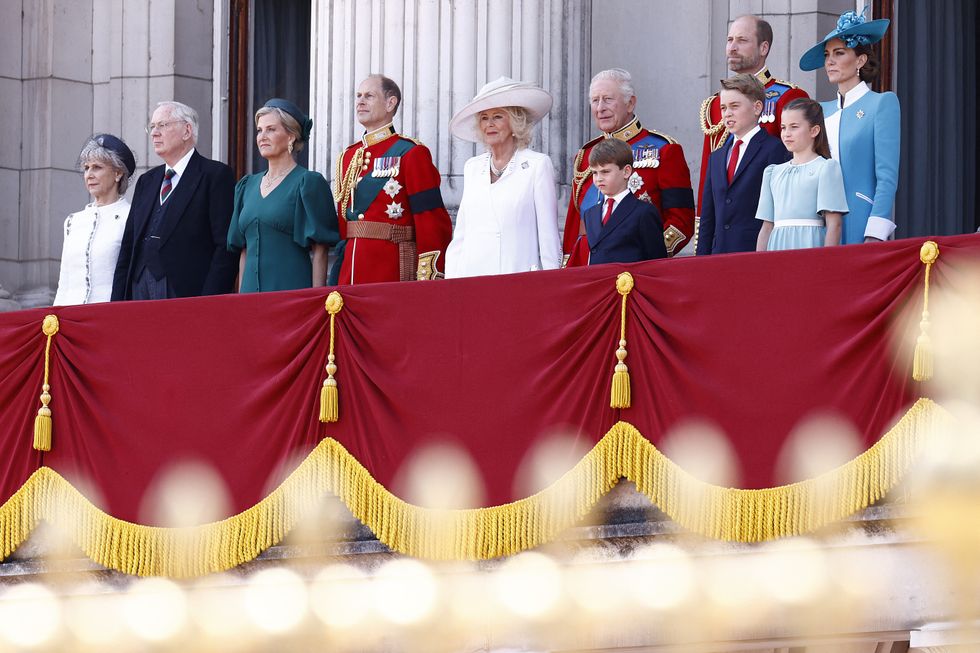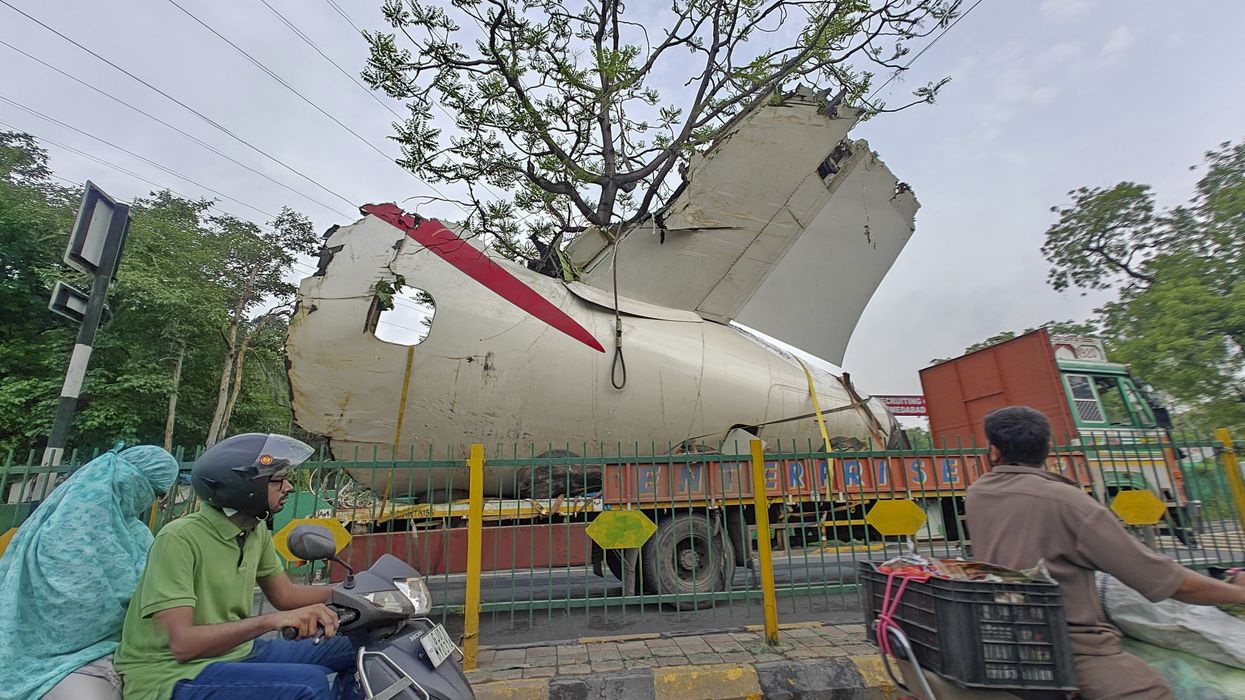INDIA’s aviation watchdog has rolled out a major new safety framework and launched intensive checks on Air India following the country’s deadliest plane crash in decades, which killed 271 people.
The Directorate General of Civil Aviation (DGCA) has introduced comprehensive special audits in the country’s aviation sector, which came into effect last Thursday (19), as authorities in Gujarat said on Tuesday (24) they had identified all but one of the 260 bodies recovered.
Air India’s Boeing 787-8 Dreamliner, with 242 people on board and bound for London’s Gatwick Airport, lost altitude seconds after taking off from Ahmedabad on June 12 and erupted in a fireball as it hit a medical college hostel at the end of the runway.
There was one survivor among those on the plane, and the crash also killed 19 people on the ground.
The death count was below the authorities’ earlier estimate of 270, but officials remained cautious about the final toll.“We have identified 259 victims. They include 240 passengers and 19 non-passengers. DNA test result of one passenger is still awaited,” said Rakesh Joshi, superintendent of Ahmedabad civil hospital.
“The site of the crash is still being cleared. Unless we are certain that no additional victims are going to be found, we cannot declare the final death toll,” Joshi added.

The remains of 256 people were handed over to their families, the local government said in a statement, adding that 253 victims were identified through DNA sample matching and the remaining three through facial identification.
As investigators attempt to retrieve data from the plane’s black boxes – the cockpit voice recorder and the flight data recorder – the airline said last week that no problems were detected with the jet before the disaster.
“The plane was well maintained, with its last major check in June 2023,” Air India said in a statement. Both pilots were accomplished flyers, it added.
“Its right engine was overhauled in March 2025, and the left engine was inspected in April 2025. Both the aircraft and engines were regularly monitored, showing no issues before the flight,” it said.
“The flight was led by Captain Sumeet Sabharwal, a highly experienced pilot and trainer with over 10,000 hours flying widebody aircraft,” it said. “First Officer Clive Kunder had over 3,400 hours of flying experience.”
Initial checks on Air India’s Dreamliners since the crash “did not reveal any major safety concerns”, the country’s civil aviation regulator said last Tuesday (17).
The airline said last Wednesday (18) it will cut international operations on its widebody aircraft by 15 per cent for the next few weeks, citing ongoing safety inspections and operational disruptions.
Air India said in a statement that inspections had been completed on 26 of its 33 Boeing 787-8 and 787-9 aircraft, and those 26 have been cleared for service.
The cuts, effective until at least midJuly, were being implemented “to ensure stability of operations, better efficiency and minimise inconvenience to passengers,” the Tata Group-owned airline said.
The remaining planes will be checked in the coming days and additional checks are also planned for its Boeing 777 fleet, Air India added.
The crash has prompted soul-searching about aviation safety in India and put pressure on Air India, which was taken over by the Tata Group in 2022 after years of criticism for poor service.
It faces many challenges as it tries to rebuild its reputation and operations.
Last Saturday (21), the DGCA issued a show-cause notice for breaking flight duty time rules for crew members. Inspectors found that two Bangalore-London flights on May 16 and 17 exceeded the 10-hour limit for flight time.
It has also taken action against Air India officials for what it called “systemic failures in crew scheduling, compliance monitoring, and internal accountability.”
Three senior officials were ordered to be removed from crew scheduling roles after “serious and repeated lapses.”
Air India said it had implemented the order and was “committed to ensuring that there is total adherence to safety protocols and standard practices.”
Additional problems emerged when authorities warned Air India for safety rule breaches after three of its Airbus planes flew despite being overdue for checks on emergency equipment including escape slides.
In one case, the watchdog found that the inspection of an Airbus A320 jet was delayed by more than a month before being carried out on May 15. AirNav Radar data shows that during the delay the plane flew to international destinations such as Dubai, Riyadh and Jeddah.
Another case, involving an Airbus A319 used on domestic routes, showed checks were over three months late, while a third showed an inspection was two days late.

“The above cases indicate that aircraft were operated with expired or unverified emergency equipment, which is a violation of standard airworthiness and safety requirements,” the DGCA report said. Air India “failed to submit timely compliance responses” to deficiencies raised by the DGCA, “further evidencing weak procedural control and oversight,” it added .
Air India said in statement that it was “accelerating” verification of all maintenance records, including dates of the escape slides, and would complete the process soon.
Meanwhile, the Middle East crisis has severely disrupted Air India’s international operations. The airline stopped all services to European cities and four US airports – New York, Newark, Chicago, and Washington – as well as Toronto in Canada.
“Our India-bound flights from North America are diverting back to their respective origins, and others are being diverted back to India or rerouted away from the closed airspaces,” Air India said in a statement.
The airline explained it was “in continuous consultation with its external security advisers and is vigilantly monitoring the evolving situation.” It asked for “understanding of all passengers who may be affected by this disruption that’s beyond an airline’s control.
” Meanwhile, as a mark of respect, Britain’s King Charles requested a minute’s silence during the Trooping the Colour parade on June 14 in London, with senior royals also wearing black armbands in public to honour the victims of the crash. (with agencies)




